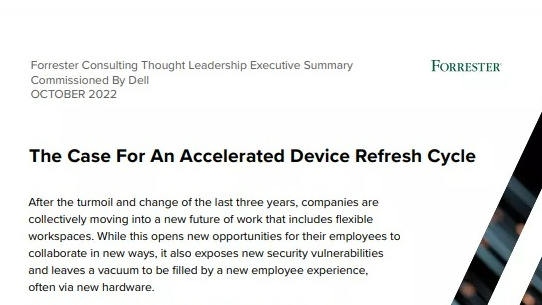Collaboration holds key to recovery
Businesses are investing in online collaboration tools to boost profits, but not everyone welcomes it.

The recession has forced business leaders to look again at how employees collaborate, and made managers more open to innovation.
These are the conclusions of a global survey of executives in Europe, North America and Asia carried out by Kelton Research for Avanade, the business technology firm.
Researchers found that close to 80 per cent of executives surveyed believed that, post recession, their companies are more open to innovation. Three quarters planned to increase spending on communications and collaboration tools.
The increasingly global nature of business, and in some organisations, a more dispersed workforce, is causing companies to place more value on collaboration, and tools to make that easier.
From the survey, 38 per cent of respondents felt that employees are now more likely to turn to others in the business for help in solving problems. According to Tyson Hartman, Avanade's global chief technology officer, the demand for real-time information in businesses is also causing companies to look again at the way they work.
Globally, Kelton Research found a shift among companies from cost savings to investment, especially in innovation.
However, significantly fewer businesses in the UK than in Germany said they were under pressure now to innovate just three per cent against 25 per cent while UK mangers were also more likely to focus on cost cutting (33 per cent against 31 per cent in Germany, and just 11 per cent in the US).
Sign up today and you will receive a free copy of our Future Focus 2025 report - the leading guidance on AI, cybersecurity and other IT challenges as per 700+ senior executives
Attitudes to collaboration tools also varied widely, and suggest that communications and collaboration tools are considered more mainstream in Germany, the Nordics and Singapore than in the UK, or even the US.
More than 70 per cent of German executives, and 76 per cent of Swedes, felt collaboration tools were already "widely used, but only 39 per cent in the US, and 30 per cent of Britons agreed.
And according to Avanade, there is still a degree of resistance to the latest collaboration tools, with some executives even saying that they "dread" using them.
Chief among the objections, Kelton Research found, was the fear that collaboration "wastes time and energy".
-
 'Digital hide-and-seek': Workers are wasting hundreds of hours a year sourcing the information they need to carry out their role
'Digital hide-and-seek': Workers are wasting hundreds of hours a year sourcing the information they need to carry out their roleNews Knowledge workers globally are wasting a quarter of their working week tracking down information, new research from Atlassian has revealed.
-
 Untethered: How CIOs and CISOs are paving the way for the new hybrid workforce
Untethered: How CIOs and CISOs are paving the way for the new hybrid workforceWhitepaper Effective techniques to transition from exposed legacy infrastructure to an effective zero trust strategy
-
 Unlocking the power of your digital services
Unlocking the power of your digital servicesSponsored Businesses have invested significant cash into technology since COVID-19, but are they really getting their money's worth?
-
 Delivering fast and secure digital experiences for the modern hybrid workforce
Delivering fast and secure digital experiences for the modern hybrid workforceWhitepaper A new approach to digital experience monitoring that can monitor the health of all systems
-
 Collaboration is the glue that holds your business together
Collaboration is the glue that holds your business togetherSPONSORED A combination of productivity tools and cloud telephony can enable the best from your workforce
-
 The future of work and the forgotten workforce
The future of work and the forgotten workforcewhitepaper How to deploy a mobile-first strategy so no one gets left behind
-
 The case for an accelerated device refresh cycle
The case for an accelerated device refresh cycleWhitepaper Achieving a more cost-effective device lifecycle overall
-
 Employees are choosing how they work
Employees are choosing how they workWhitepaper And with the right secure digital strategy, this could be a great thing for your business: today and far into the future

